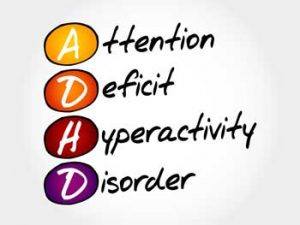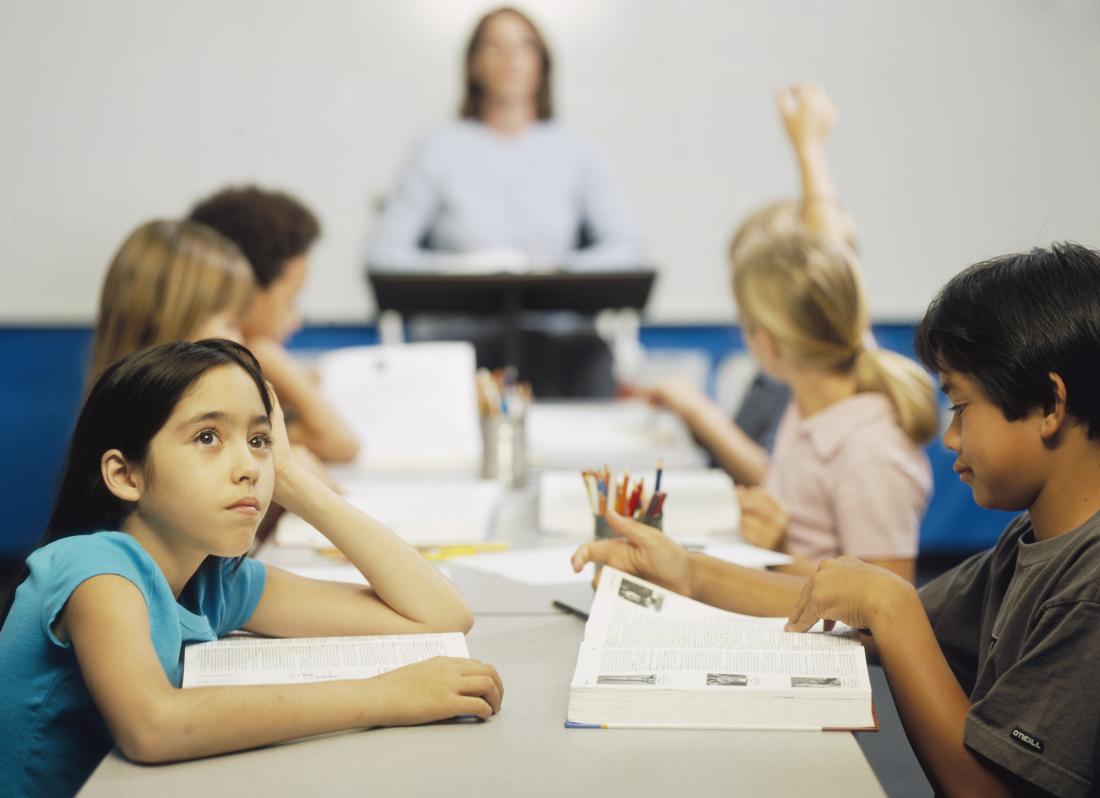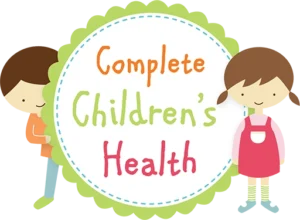ADHD stands for Attention Deficit Hyperactivity Disorder and to be effectively diagnosed, your child needs to have one of these three elements. By adding “inattentive” into the mix means your child may also have trouble concentrating and with attention to detail. 
You may be able to identify this child easily, as they fidget, can’t sit still and have high energy levels. However, Inattentive ADHD is not a type of ADHD. It is just a more specific way of describing an individual’s symptoms.
A child with ADHD is not deliberately naughty, and their inability to be a good student or behave appropriately can stress them out as well. It can also apply to undiagnosed adults, who in their working life, may seem as careless, inefficient employees.
If your child has ADHD, they may also be diagnosed as “inattentive” if they display at least six of these nine symptoms:
- Inability to pay close attention to things or regularly making careless mistakes in assigned tasks
- Trouble staying focused on tasks or activities
- appearing not to listen when spoken to
- Appearing unable to complete tasks or duties as instructed
- Difficulty organising tasks and managing time
- Trying to avoid or dislike tasks that require a longer time to complete or think about
- Losing items needed
- Easily distracted
- Forgetful
 The prevalence of ADHD has more than doubled in the last ten years, mostly due to increased awareness and recognition. Also, many people with ADHD also show symptoms of other behavioural/psychiatric conditions that complicate the clinical picture. Such as learning disabilities, anxiety and disruptive behaviour disorders
The prevalence of ADHD has more than doubled in the last ten years, mostly due to increased awareness and recognition. Also, many people with ADHD also show symptoms of other behavioural/psychiatric conditions that complicate the clinical picture. Such as learning disabilities, anxiety and disruptive behaviour disorders
To diagnose this correctly, children need to be monitored over six months as it is not uncommon for a child to have high levels of energy. They may display some of the symptoms listed above, but for us to accurately diagnose it, the traits would have to be on the extreme side and cause problems in everyday life. The symptoms would also have to occur frequently for more than six months. To do this, it may include a comprehensive assessment should involve meeting, with both the parents and the child, and taking a detailed birth, developmental, medical, social and school history. Also, behavioural checklists from home and school can be beneficial. At CCH, we look at all aspects, and we can meet with teachers, caregivers, and whoever is involved with the child to give an accurate diagnosis.
We regularly see how ADHD can cause significant emotional, social, and educational problems with children. With the help of CCH’s timely and targeted interventions, most children with ADHD learn how to cope with their disorder effectively as they get older. We know that when ADHD is diagnosed and treated early, the condition can be managed effectively so that children with ADHD grow to have productive, successful and fulfilling lives.
